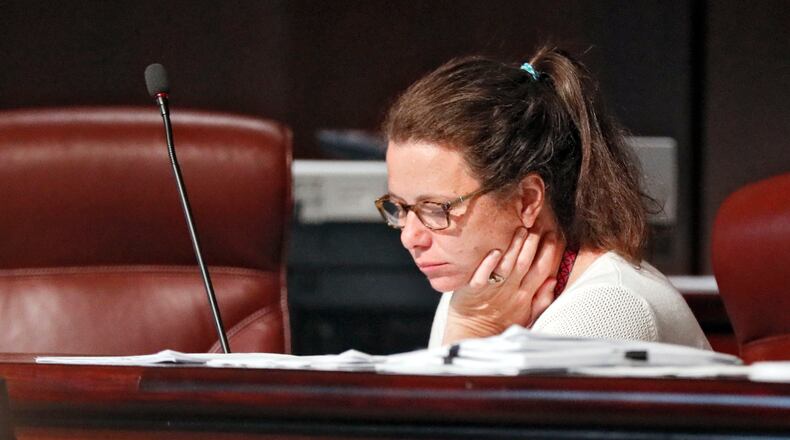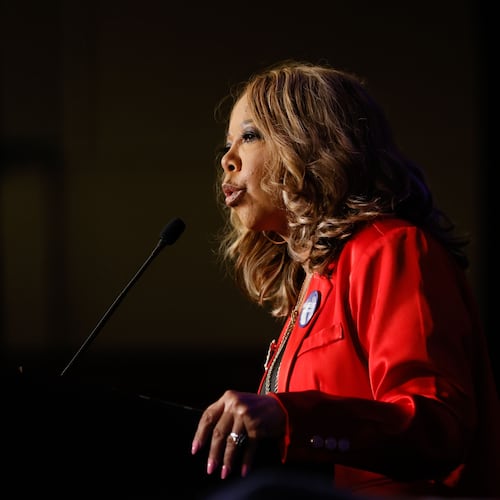The Atlanta City Council took a first step Monday toward creating an Inspector General position to root out City Hall corruption.
The entire City Council signed on as sponsors of the legislation, which was referred to two council committees — the Finance/Executive Committee and the Committee on Council.
The proposal contains few specifics for how the Inspector General would function within city government, what existing offices might fall under its authority, or how the position will be funded.
Those details will be worked out in collaboration with Mayor Keisha Lance Bottoms’ administration in coming weeks, said Councilwoman Jennifer Ide, who is coordinating the council’s effort to establish the position.
“Today what we did is make the statement that we are going to create the position of Inspector General,” Ide said. “There will be a substitute (bill) with meat on the bones.”
Ide said she hopes to have details of the legislation settled in time for the council’s first meeting next year, on Jan. 6. The position would also be placed in the city’s charter which requires an extended legislative process.
The proposal comes in response at a 28-page report in October from the Task Force for the Promotion of Public Trust — a group assembled by Bottoms earlier this year.
The Public Trust Task Forces’ report said an “Inspector General model is a best practice and would be the most successful model in Atlanta to root out fraud, waste, abuse, corruption and misconduct.”
Six people have plead guilty in a long-running federal corruption investigation since 2017. A city contractor and a prominent political consultant are awaiting trial on bribery and other charges.
Last month, Council President Felicia Moore called on her fellow council members and Bottoms to quickly establish the Inspector General position to hold elected officials, city employees and contractors accountable for unethical and unlawful behavior.
Moore said she was worried that the task force’s recommendation could be forgotten if not acted upon swiftly.
The position described in the task force’s report closely resembled the Compliance Officer post that the council created earlier this year.
According to the Task Force’s report, the ability to issue subpoenas is crucial to the success of an Inspector General. But under current law, any city-issued subpoena would be enforced by the municipal court, whose powers are restricted to the city limits.
Expanding an Inspector General’s subpoena power might require a change in state law.
The proposed ordinance and charter amendment says the Inspector General will have subpoena power, but it’s not clear how that would be established.
When Moore made her appeal last month to quickly create the position, she also suggested a handful of key departments be put under the Inspector General’s authority. Among them: the Office of Contract Compliance, the Law Department’s compliance officer and the city’s new transparency officer. Those offices currently report to the mayor.
Ide said the offices reporting to the IG would be a point of discussion as the proposal is refined.
“I think with each of those departments we need to sit down and really talk about how it’s working today,” Ide said.
Story so far:
Atlanta Mayor Keisha Lance Bottoms established the Task Force for the Promotion of Public Trust in January, and the committee issued a 28-page report in October recommending the establishment of an Inspector General position to uproot corruption. The Atlanta City Council on Monday introduced legislation to establish the position.
About the Author
Keep Reading
The Latest
Featured



